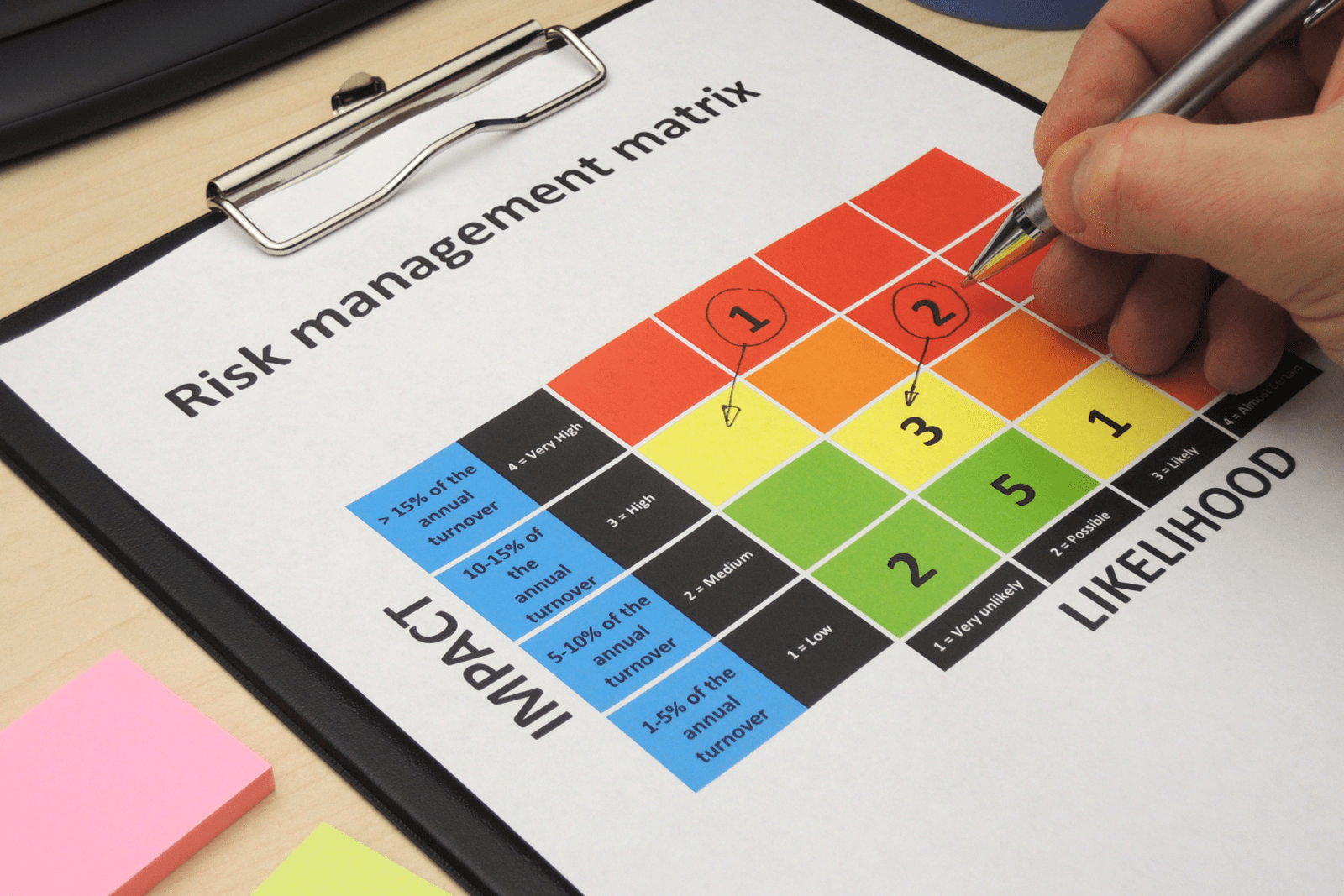Project Management: A Critical Tool for Overcoming Organizational Challenges
Organizations always encounter issues connected to change and development in today's fast-paced, dynamic business climate. Changes in market dynamics, organizational reorganization, the adoption of new technologies, and mergers and acquisitions are a few examples of these problems. Whatever the cause, firms must handle these changes efficiently and effectively if they are to succeed. Project management is helpful in these situations.
Project Alignment with Organizational Objectives

Effective Change Management
Projects often started to effect change within organizations. Change, however, can be upsetting and lead to employee resistance. Project management offers a disciplined method for handling change, guaranteeing efficient communication and ensuring that staff members are sufficiently ready for the changes to come. Project managers must interact with staff members and other stakeholders throughout the project to spot and handle any change resistance.
Increasing Resource Use
Projects frequently require many resources. They need a lot of time, money, and other resources to ensure success. The structure provided by project management makes it possible to allocate and use resources effectively. The framework aids businesses in making the most of their assets and achieving their goals while staying within schedule, financial, and resource constraints.
Improving Communication and Cooperation
Working with a variety of stakeholders, including team members, clients, and suppliers, is a requirement of project management. Effective teamwork and communication are crucial for everyone to be on the same page and work toward the same objective. Effective communication helps prevent misconceptions and guarantees the project's practical completion. Throughout the project, project managers must ensure that lines of communication are kept open and that stakeholders are kept up to date.
Handling Risks

Every undertaking has a certain amount of risk. Project management provides a framework for efficiently recognizing, evaluating, and managing risks. Project managers must foresee potential risks and have backup strategies to lessen their effects. This aids businesses in managing risks effectively and reducing the influence they have on a project's success.
Ongoing Development
Recognizing the Organization's Strategic Goals
Project managers must have a thorough understanding of the organization's strategic goals to align initiatives with those goals. Understanding the organization's mission, vision, values, and long- and short-term goals is necessary.
Effective Stakeholder Communication
Every project must have effective stakeholder communication to be successful. Creating a culture of trust through open communication guarantees everyone is on the same page for the project's duration. Project managers must answer any issues or questions stakeholders may have while properly articulating the project's objectives, schedule, and expectations.
Involving Workers and Other Stakeholders
Effective change management depends on employee engagement. Project managers must interact with staff members and other stakeholders to understand their problems and perspectives and resolve any resistance to change. As a result, the team's buy-in increased, and everyone was involved in the project's success.
Effective Resource Allocation and Use
If your firm is experiencing difficulties with change and development, think about implementing project management methods to assist you in getting through these difficulties and succeeding. Contact us, and we can help guarantee that your projects are delivered on time, within budget, and with the anticipated results by using good project management.

Post by Dr. Kris Lea
Meet Kris Lea - an experienced consultant, facilitator, and trainer with expertise in OD, OCM, T&D, and Project Management. Kris empowers organizations to overcome challenges and achieve goals. As the founder of Lea Associates LLC, Kris is committed to building long-term client partnerships and delivering exceptional value.

